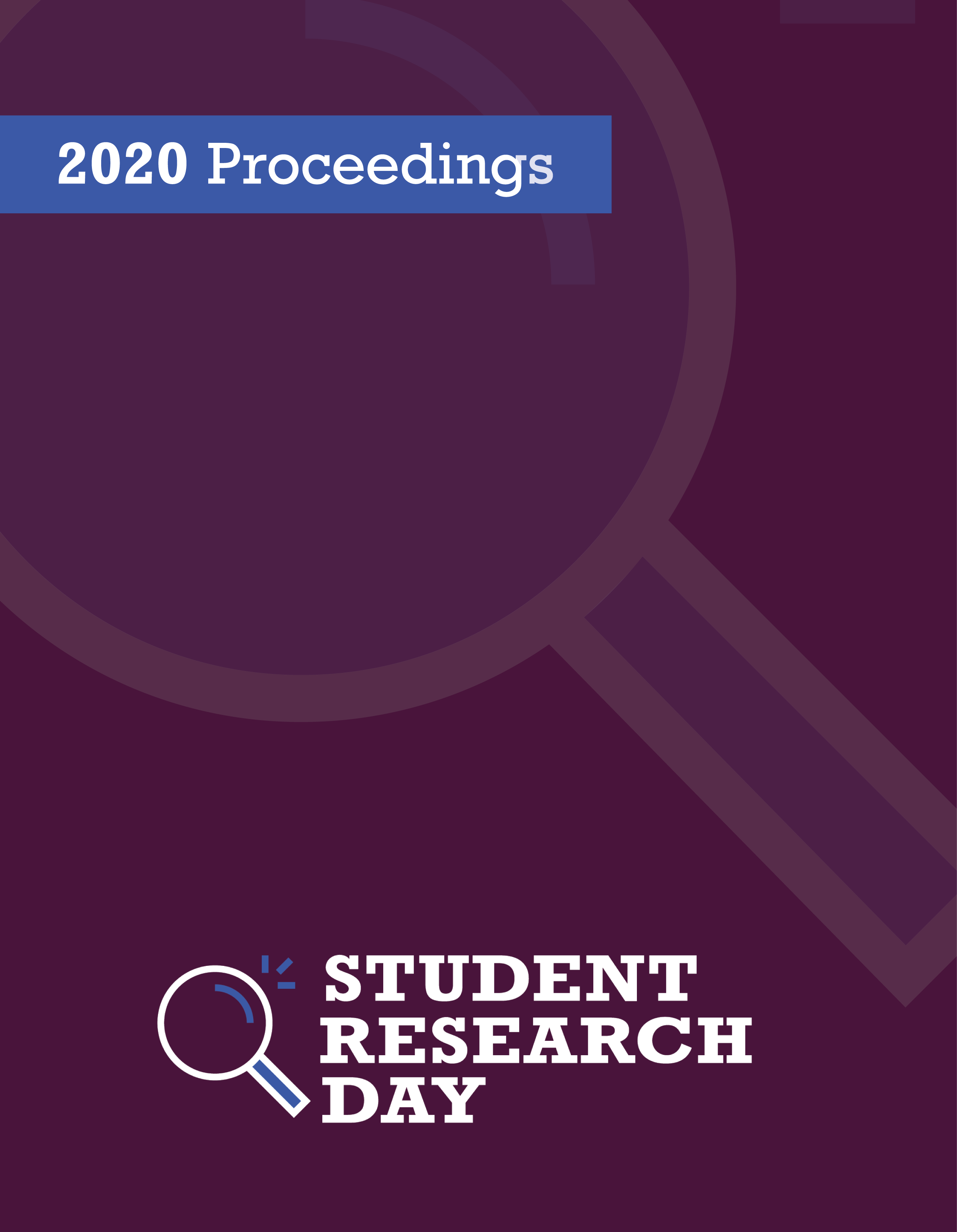Interdisciplinary Research on Perceptions of Fairness in Organizational Setting
Abstract
I propose to present the main findings from a research project at MacEwan University. Fairness is an important concern when organizations are recruiting. Our research explores the effects of fair versus unfair selection processes, specifically: (1) How does fairness affect the effort levels of people who are selected? (2) How does fairness affect the motivation of people who are not selected? Previous studies indicate that the standard economic model lacks consideration for fairness. However, what processes are deemed fair or unfair depends on the situation. A majority of people find ‘weak people first’ and ‘first come, first serve’ to be the most fair, while a small percentage finds random selection as most fair selection process. Our research builds on this topic by exploring people’s perceptions of fairness and their resultant levels of motivation. We collected data through a survey with 252 MacEwan University students, containing hypothetical scenarios regarding recruitment for a sustainability initiative on campus. Respondents were asked to rank the fairness of four different selection processes: (1) Auction (2) Authority (3) Lottery (4) Queue. We had eight different versions of the survey presented through the Qualtrics platform to ensure each student viewed a random version of the survey. Our results indicate that fairness does affect people’s levels of efforts, especially for the participants who were offered volunteer positions with people reporting significantly lower effort level when selected through an unfair process. Our research holds significance for why organizations should use fair selection processes to ensure higher levels of effort.
Presented in absentia on April 27, 2020 at "Student Research Day" at MacEwan University in Edmonton, Alberta. (Conference cancelled)
Faculty Mentor: Rohit Jindal
Department: Business, Decision Sciences
References
Downloads
Published
Issue
Section
License
Authors retain any and all existing copyright to works contributed to these proceedings.



